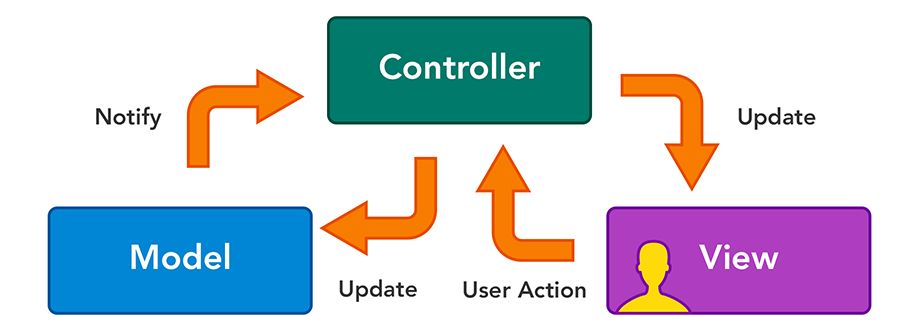Introduction
In the world of web development, where frameworks and content management systems reign supreme, some web builder heroes dare to challenge the norm. These pioneers, inspired by companies like Google that often opt for vanilla code instead of large frameworks, have discovered the power of embracing a lightweight MVC design pattern on vanilla PHP. In this article, we will explore the advantages of this approach, comparing it to the popular WordPress CMS, and highlight the benefits of a custom lightweight MVC pattern.
Faster Loading Times and Cost Efficiency
One of the most compelling arguments in favor of utilizing a lightweight MVC design pattern on vanilla PHP is the remarkable improvement in loading times. Unlike bloated frameworks and CMS platforms like WordPress, which often come bundled with numerous features and functionalities, the streamlined nature of vanilla PHP ensures faster-loading websites. This leads to a better user experience and improved performance overall.
Moreover, this approach offers significant cost savings in hosting. Many hosting providers offer shared hosting plans that can support PHP websites for as little as a dollar per month. By avoiding resource-intensive platforms like WordPress, web builder heroes can leverage affordable hosting options, allowing them to allocate their budget more effectively.
Scalability with Automatic Sharding in MongoDB
In addition to its speed and cost efficiency, vanilla PHP with a lightweight MVC pattern provides scalability options that can handle growing user bases. When discussing data storage solutions, it's worth mentioning MongoDB, a highly scalable NoSQL database. MongoDB offers automatic sharding, enabling seamless horizontal scaling as the application's data grows. This scalability feature ensures that websites built with vanilla PHP can accommodate an expanding user base without compromising performance.
Avoiding Bloat: Making Pages Data-Ready
Web builder heroes understand the drawbacks of bloated systems, and that's why they propose making pages data-ready instead. By separating concerns and feeding JSON data through a model, web builders can ensure lightweight and optimized pages. This approach retrieves and renders only the necessary data, resulting in faster loading times and improved performance.
Should clients wish to upgrade to a CMS later on, web builder heroes can seamlessly introduce a PHP or Node.js service, paired with a scalable database like MongoDB. This modular approach allows for flexibility and scalability, ensuring that the website's performance remains intact while accommodating the client's evolving needs.
Conclusion
While frameworks and content management systems have their place in web development, web builder heroes are turning to vanilla PHP with a lightweight MVC design pattern to unlock unparalleled speed, cost efficiency, and scalability. Inspired by industry giants like Google, these heroes understand the power of streamlined code and optimized performance. By adopting a data-ready approach and leveraging scalable solutions like MongoDB, web builder heroes can create exceptional websites that load quickly, reduce hosting costs, and seamlessly scale with growing user demands.

Comments